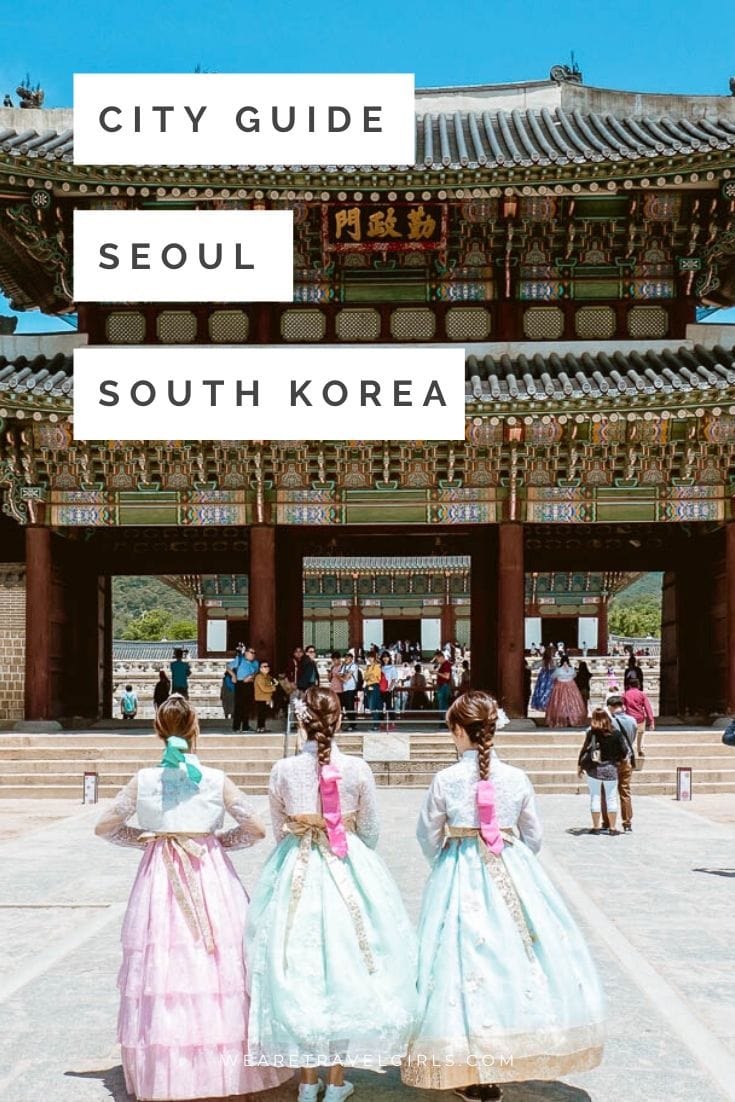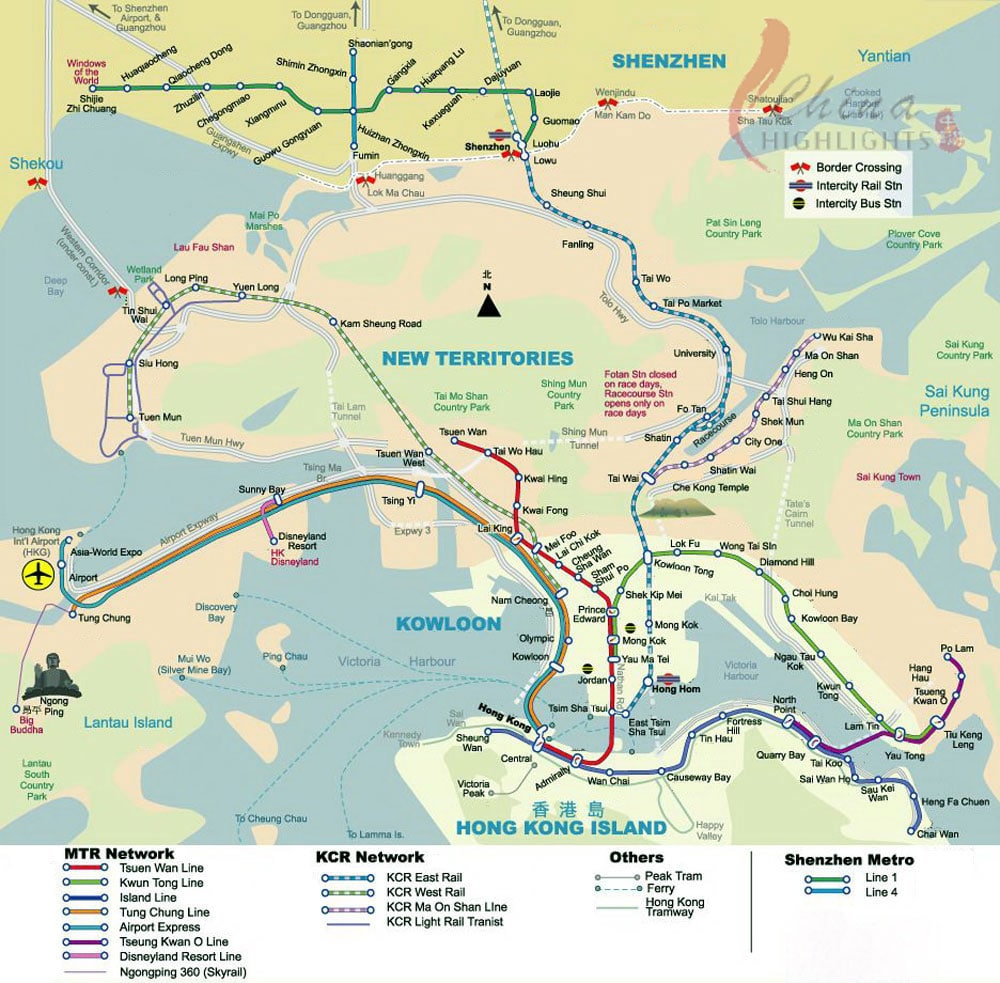Douala – Thriving Port City and Commercial Hub
Douala is the largest city in Cameroon and a major commercial hub located in the economic capital. As the country’s main port city, Douala plays an important role in Cameroon’s international trade and commerce. Several large corporations are headquartered in Douala, capitalizing on its strategic location along the Wouri River as it flows into the Gulf of Guinea. Despite pockets of poverty, Douala remains the beating heart of Cameroon’s economy as goods and services flow through its busy port.

Yaoundé – Political and Cultural Center
As the political capital, Yaoundé is the seat of Cameroon’s government. Many government ministries and departments operate out of offices in Yaoundé. It is also a center for higher education, home to several prominent universities. Students flock to Yaoundé, contributing to its vibrant cultural scene. Green spaces and wide boulevards give the city a relaxed feel despite its role at the center of national governance.
Bafoussam – Agriculture Hub in the Highlands
Nested in Cameroon’s western highlands, Bafoussam has ideal conditions for prosperous agriculture and livestock farming. Crops like cocoa, coffee and corn are grown in the fertile soils surrounding Bafoussam. Markets overflow with fresh produce year-round. The city’s central location also makes it an important transportation center, connecting the western regions via roads.
Limbe – Coastal Gem with Natural Beauty
Situated along Cameroon’s Atlantic coast, Limbe offers visitors stunning scenery like its lush rainforests and beaches stretching as far as the eye can see. Iconic spots like the Limbe Wildlife Centre and Limbe Botanical Garden showcase the area’s biodiversity. With abundant natural attractions, Limbe is becoming a popular eco-tourism destination.
Bamenda – Education and Commerce in the Northwest
As a major population center in the Northwest region, Bamenda plays a key role in education and commerce for the surrounding areas. Several universities call Bamenda home, and the city hosts a bustling marketplace. Bamenda demonstrates the Northwest’s spirit of entrepreneurship and focus on education and skills development.
Kribi – Coastal Industries and Emerging Tourist Hub
With a deep water port and natural gas liquefaction plant, Kribi hosts important industrial facilities driving Cameroon’s economy. Its picturesque beaches and landscapes also make it an ideal spot for tourism to grow. As infrastructure like the Kribi-Yaoundé highway enhances connectivity, Kribi is primed to combine industry with its natural coastal tourism potential.
Buea – Gateway to Mount Cameroon
Nestled below the imposing Mount Cameroon, Buea serves as a jumping off point for treks up Africa’s largest volcano. Education institutions in Buea like the University of Buea build knowledge and skills. Buea’s scenic natural attractions and cultural experiences make it a rewarding destination for travelers seeking to commune with Cameroon’s grand outdoor spaces.
Garoua – Trade Hub in Northern Cameroon
Located in Cameroon’s far north, Garoua has historically played an important role as a commercial and transportation center. Markets in Garoua facilitate cross-border trade with neighboring Chad and Nigeria. The city also serves as a gateway to discover the culturally rich Mandara Mountains, a hiking and climbing paradise close to Garoua.
Ngaoundéré – Agricultural Heartland of Adamawa
Nestled in the fertile grasslands of Adamawa, Ngaoundéré has ideal conditions for agriculture and cattle breeding. Markets overflow with high quality produce. As a key node along rail lines and roads, Ngaoundéré serves as an invaluable logistics and transportation hub for the movement of both goods and people across the northern half of Cameroon.
Foumban – Cultural Heritage and Crafts in the West
Known for intricate traditional arts, Foumban expresses the cultural heritage of Cameroon’s west through crafts, architecture, and performing arts. The enthralling Fon Palace offers a glimpse into the kingdom’s rich history. Agriculture also thrives, with Foumban’s markets buzzing with a variety of fruits, vegetables, and handicrafts from surrounding villages.

 Spending a Month Exploring Seoul: The Ultimate Guide
Spending a Month Exploring Seoul: The Ultimate Guide